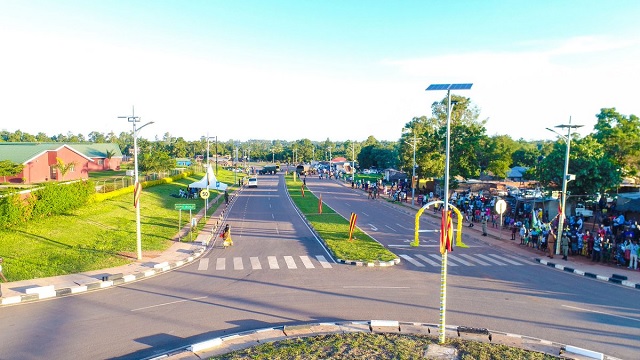
Kampala, Uganda | THE INDEPENDENT | The Ugandan government has been advised to plan for the exit of donors in its quest to attain middle-income status. Specific attention is cited in funding for major public health initiatives like the HIV/AIDS response whose ill funding could plunge the country into a crisis.
The Joint United Nations Programme on HIV/AIDS (UNAIDS) Uganda country representative Dr Karusa Kiragu says that when countries announce that they are transitioning to another income status and improving economically, to donors this reflects strong economic performance and greater access to a more diverse set of financing options than Aid.
As part of the transition process, donors often cut their budgets for such countries, assuming that they have enough resources to fund their own development projects and programmes. According to Dr Kiragu, Kenya is already feeling this pinch.
The president and some government officials have until recently been promising that the country will attain middle-income status by 2020. Even as it’s now clear that this target will not be attained by next year, Kiragu says the policy makers should be bare it in mind through the transitioning process that donor support will be reducing.
She said Uganda should, in preparation for the transition now be taking lessons from Kenya on how to thrive and optimally use what is available.
She notes that at the just concluded International Conference on AIDS and STIs in Africa (ICASA) held in Rwanda early this month, a representative from Kenya revealed that the country has experienced cuts in donor funds and that to thrive they have had to take advantage of initiatives that are non- health but attract big populations to offer health services that would be expensive to deliver in a hospital setting.
Alice Kayongo, an official with a HIV/AIDS Advocacy organization Uganda Cares said that what would help Uganda fund its own response is operationalizing the Trust Fund to which Ugandans will contribute to the purchase of medicines and sensitization programmes. She however hastens to add that many years after pushing for the trust fund, it has failed to take off even as the plan was to start deducting a 2 per cent tax off beverages towards the fund this financial year.
Currently, however, over 70 percent of the countries with the highest burden of HIV in Africa depends on external financing for their response. It’s only Botswana, South Africa, Namibia and Lesotho that fund their response in a substantive way.
*****
URN
 The Independent Uganda: You get the Truth we Pay the Price
The Independent Uganda: You get the Truth we Pay the Price

